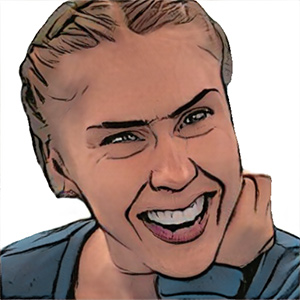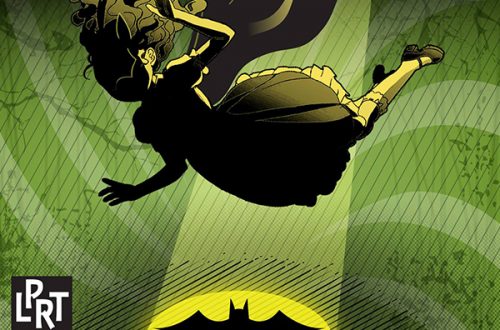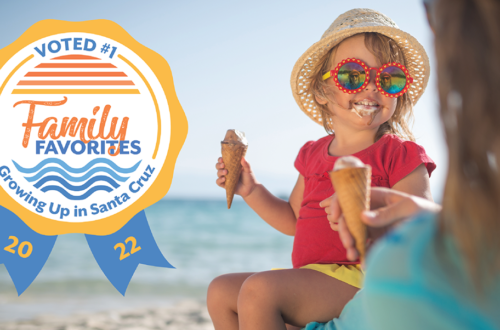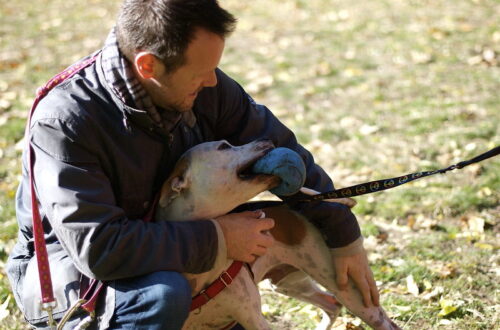Meet Abby. She’s an independent, kind and funny 26-year-old who lives in Santa Cruz and loves hanging out with friends. Abby was born very prematurely and underwent a slew of surgeries as a baby, which left her with a phobia of doctors and hospitals. Abby’s not the kind of person who would allow physical limitations to stop her. Her desire to help others like her has led her to write a book that she plans to publish later this year.
What do you want to do when you enter the workforce?
Be a therapist for people with mental health issues.
I have to be in school and it’s a long road to become a therapist, but I want to help people. It would require counseling classes, specifically. I basically want to work with people who have mental health issues like trauma. For example, I have a counselor who works with me and specializes in trauma and PTSD, and it’s helping it go away. Whatever the trigger is, counselors can help lessen that. I want to become a licensed therapist for PTSD, too. I want to work with people and help them, especially if they had a traumatic birth like I did.
A couple of techniques I’ve used is rapid eye movement (EMDR) and systematic desensitization. I love to research things that interest me and also to help people.
What is your origin story?
I was born three months early at one pound.
That resulted in me having a brain injury. My twin sister, Libby, has a severe brain injury, whereas mine’s milder.
That carved out my entire life, but despite my challenges I keep forging onward. Over the course of 26 years, my birth story has been my seed trauma. I discovered EMDR to help alleviate my triggers. That’s been very helpful for me. I’ve adopted many ways to heal like working with a trauma release therapist, writing and journaling – although I haven’t done that in a while – and a lot of movement and exercise. I also listen to things that make me happy like music and podcasts.
What is it like growing up and living with Neurodivergence
I grew up in Grass Valley. My mom homeschooled me, then I went to public school, and then I went back to the charter school and homeschool. It was easier for me to manage homework and the subjects at home rather than in school. Now I’m college-aged and taking a class at Cabrillo, which is a little challenging. I’m discovering that I have light sensitivity issues and the classroom has fluorescent lighting. Recently, I had to look away from the slides that my teacher was showing on a presentation because the mixture of the material and lights were triggering for me. I identify with having ADHD and on the autism spectrum. I never got tested but I think I have it.
I discovered that I’m neurodivergent during the pandemic. I found other people like that, which gave me the sense of normalization. I’ve done a lot of internal healing and work recently, too. Despite not being diagnosed with PTSD, I think I have it from my birth story. I clearly do. I’m gathering the tools and resources to work through all of this. I plan to publish a book this year about my story. I keep going even though I’ve discovered sensitivities to light and sound. Like, I hate ambulances and sirens.
I recently did a whole paper on PTSD for my class at Cabrillo, and my teacher will be grading it. I researched it and even though I haven’t been diagnosed with PTSD, everybody has it. Everybody has some form of trauma. I watched a video on it, and I’m amazed at how common it is.
What do you like to do on your spare time?
I like A-Typical because it brings underrepresented perspectives forward and helps me understand what goes on with me from a different point of view. It shows me others out there who are neurodivergent with their own things going on. It also helps give me vocabulary to talk about this.
I like to run around and go crazy sometimes. I also hang out with my older sister, play with my fidget spinner and get lost in adventure stories.
By Jeanette Prather







